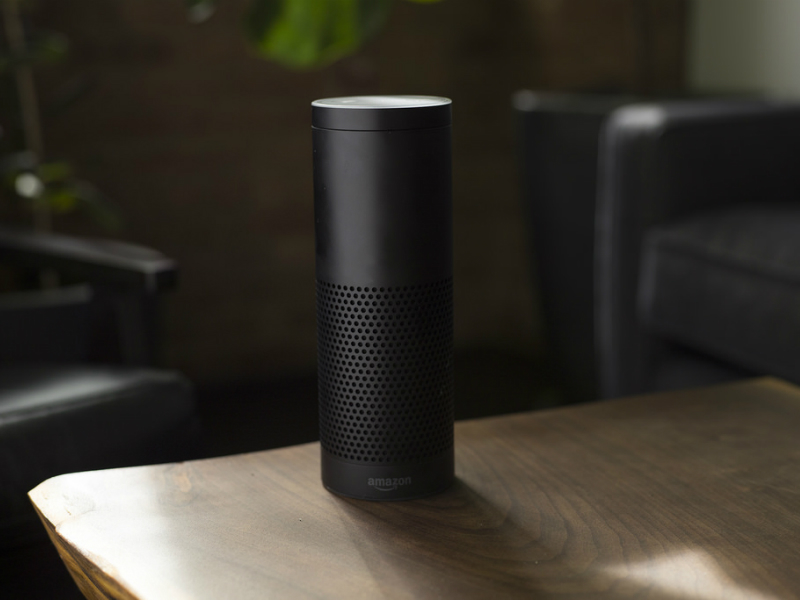Amazingly, we have entered 2019. Friends routinely greet each other with a wondrous exclamation: “How did we get here?” Time fast-forwards us through our lives and leaves us without any reverse button. Even if we try to use memory to retrieve the past, we simply cannot go back.
As I try to get my Amazon Alexa to play the greatest hits of the 1960s, it seems crazy to me that we are almost ready to close the second decade of the 21st century.
Of course, I get the irony: using voice-activated software that only became available in this decade to retrieve the past is the crux of my dilemma. We live in a fast-forward moment, accepting all of its advantages, while bemoaning the losses of life’s natural progressions.
We expect to move faster in every way possible. There is no time for letters or even emails – only Instagram or Twitter will do. We travel faster and further, spending less time at home and in our communities. When I command Alexa, there is no need to say “please” or “thank you.” What have these changes wrought?
Don’t misunderstand me: I’m not bemoaning the changes or the speed of communication. Alexa enables me to have music in my life. Emails promote communication, which is necessary for so many of us, but doubly important for me, as I was always anxious when using the telephone. FaceTime has created all sorts of opportunities for a grandmother like myself to be present in her children’s lives. I can even go shopping with my teenage grandchildren via video phone. All these modern inventions can be put to good use and have enhanced our lives in many ways.
But it has detrimental effects, as well. Work is no longer a 9-5 affair – there is no off button on most communication systems these days. People don’t dine together; they text together. Family dinners are hard to preserve and communicating
face-to-face seems to be a dying art. Letters, real hard copy letters, have been the source of knowledge about our lives and past accomplishments. These texts enabled scholars to write inspiring tales of history, personal memoirs and even enlightening fiction. Will our elusive digital entries frame a reliable account of society for future historians?
READ: BAUMEL JOSEPH: THE WINE THAT FILLS THE CUP OF SILENCE
Social media has eliminated other forms of interaction, while overloading us with information. All these changes are challenging, disturbing and inspiring.
Social scientists and business leaders see this increase in the use of, and reliance on, digital communication as an opening for the pervasive influence of external forces seeking our devotion. In their parlance: attention is the new currency. In this lexicon, our own time and attention has economic value. Businesses need to capture our attention in order to sell us products. Similarly, people need to capture our attention in order to build social clusters. Our attention is the currency for all this activity.
Building social networks is a very human activity – and a necessary one. The question is whether these new types of social groups, which are more digital and less physical, will allow us to form long-lasting social bonds. Thus, as we begin 2019, we should ask: What human social systems will Twitter lead to? Do Facebook friends remain close? And will they support and maintain individuals in crisis situations?
Clearly, structures will change, but which of those changes bodes well for our future survival? How do we recognize, plan and prepare for such changes? The question that remains for all our institutions is how to maintain our individual and communal attention and commitment. Provocatively, we must ask how we get the next generation to pay attention.
